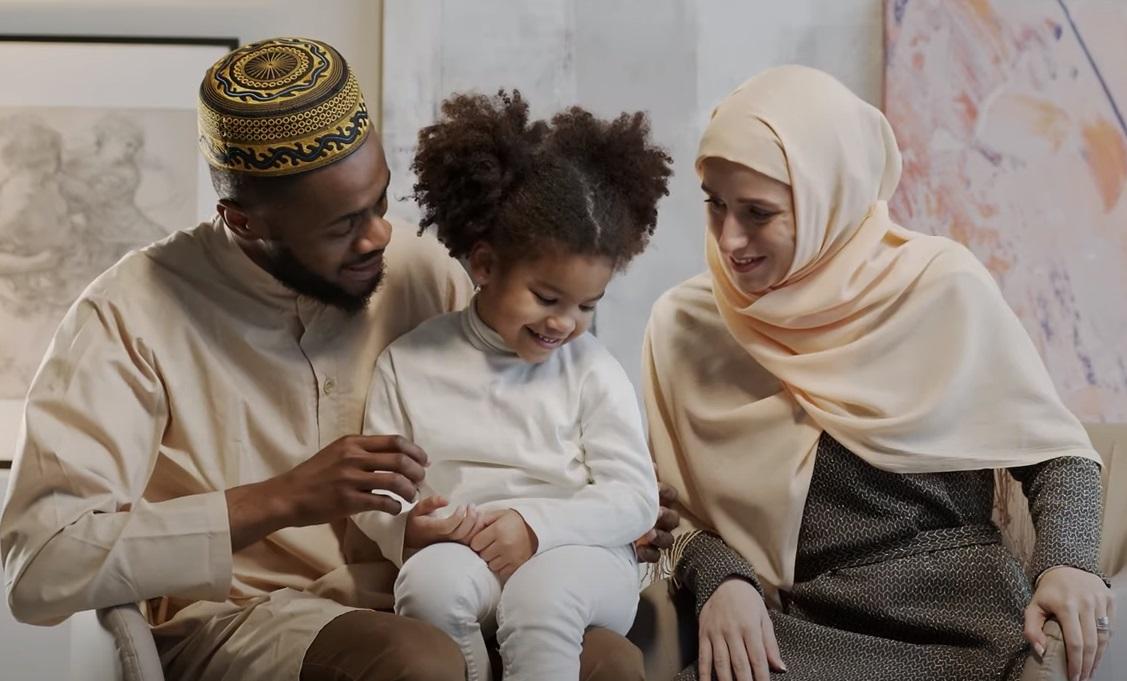How do we make sure refugees and asylum seekers have voices and visibility when it comes to decision-making in Scotland?
Our Voices and Visibility for New Scots project was set up to help people from refugee backgrounds take part in their local communities and decision-making in Scotland. We work with Parents Councils and Health and Social Care Partnerships in Glasgow to support refugee communities to build the confidence, skills and knowledge to have their voices heard.
We know that when people feel in control of their lives and decisions which impact them, their mental well-being is enhanced. This is supported by the World Health Organisation (2009b) when they identified community empowerment as the first track to promoting health and well-being, enabling communities to increase control over their lives.
Voices and Visibility for New Scots is a new initiative funded by Glasgow City Council. The project aims to increase the representation of refugees and asylum seekers within civic forums in Glasgow and develop recommendations on how refugee communities can actively participate in decision-making and consultation forums.
Since 2017, we have been working with refugees and asylum seekers to support their mental health, listening to their voices. We know that when people feel linked to their local communities – through schools, housing associations or community groups – it has a positive impact on their well-being.
We have worked with refugees and asylum seekers in Scotland for over ten years. During this time, a number of successful mental health initiatives have been implemented, including ‘Sawti’ and ‘Musawa’. We have strengthened our connections with the refugee and asylum seeker communities as well as organisations.

In 2022, we worked with Dr Sacha Hasan to explore:
- Connections (if any) between mental health and participating in decision-making structures and civic forums
- Barriers for refugee and asylum seekers in taking part in civic forums and decision-making processes
Dr Sacha Hasan used the above research questions to develop research tools to take to the refugee and asylum-seeking communities in Glasgow and also to the people who are on civic forums and decision-making structures. What made this research unique was the participatory and action-based peer research approach: people with lived experience of being asylum seekers were trained to be part of the research team, and this method worked exceptionally well.
The paper includes recommendations and action points based on findings from the initial focus groups and interviews with the research participants.

In 2023, following the research conducted with Dr Sacha Hasan, we are working to ensure that refugees' and asylum seekers' voices are heard in their decision-making.
We are doing this in partnership with representatives and decision-makers from companies, organisations and statutory bodies working in education and health and social care across Glasgow.
Within education, we work with schools to ensure that parents from refugee and asylum-seeking backgrounds are represented on Parent Councils. This is often done through a buddying system, where refugee parents are partnered with parents already on their school’s Parent Council. This is so that they can support them and make them feel welcome and included.
Through collaboration with Glasgow Health and Social Care Partnership (HSCP), we provide training to refugee and asylum-seeking community members to ensure they know where to go if they have health concerns. We also work with the HSCP to support refugee and asylum-seeking community members to join Locality Engagement Forum meetings. This is where they can connect with other people in their local area and share their experiences and opinions of healthcare services.
We also ensure refugee and asylum seeker voices are included in discussions when stakeholders working across education or health and social care run consultations to gather feedback on their services. Through facilitated focus groups, we have created spaces for refugees to share their experiences and views on a range of issues, so they can help shape policy and services. These focus groups have been run in collaboration with the Scottish Government, Public Health Scotland, COSLA and Strathclyde University.
We ensure people from refugee backgrounds understand the structure of decision-making in Scotland and how they can participate by offering training, which is often delivered in collaboration with staff from relevant companies and organisations. We also offer training to those working with refugees and asylum seekers in health and education to ensure that they understand the needs and experiences of the community.
This research also informs our work on our Elevate programme, which works across transport, health and social care, education and policing across Scotland.
Refugee communities: increasing voices and visibility on Parents Councils
Learn more about how we encourage refugees and asylum seekers to join Parent Councils at their children's school with a buddy system.
Watch the video
Some of the key organisations involved:
- Public Health Scotland
- Glasgow City HSCP
- St Albert’s Primary School
- Glasgow City Parents Group
- Holyrood Secondary PC
- Garnetbank Primary PC
- Glasgow Life
- Scottish Refugee Council
- The refugee and asylum seeker community
For more information, please email Mahdi Saki (Programme Development Officer, Refugees and Asylum Seekers).
Email MahdiRelated content
Elevate: amplifying the voices of refugees and asylum seekers in Scotland
This programme amplifies the voices of refugees and asylum seekers in decision-making processes across Scotland, and works to increase the understanding of their lived experience within key public bodies and third-sector organisations.
Mental health resources for refugees and asylum seekers
Resources to assist refugees and asylum seekers with their mental health, with advice translated into other languages.
Refugee Health Policy and Strategy Action Group
This summary report outlines the achievement of the Refugee Health Policy and Strategy Action Group from July 2017 until June 2019, where the initial focus was working within the three local authority areas of Glasgow, North Ayrshire and North Lanarkshire.
Refugees and asylum seekers: statistics
Learn more about refugees and mental health.